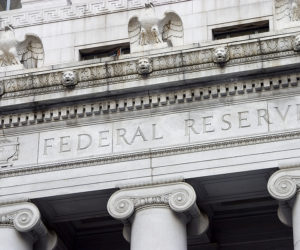
Sorry, your browser is not compatible with this application. Please use the latest version of Google Chrome, Mozilla Firefox, Microsoft Edge or Safari.
Federal Reserve: Policy Issues in the 118th Congress
The Federal Reserve Act of 1913 (12 U.S.C. §§221 et seq.) created the Federal Reserve (Fed) as the nation’s central bank. The Fed’s responsibilities fall into four main categories: monetary policy, regulation of certain banks and other financial firms, provision and oversight of certain payment systems, and lender of last resort. The Fed has significant independence from Congress and the Administration to fulfill its duties, but Congress retains oversight responsibilities.
The Fed’s powers and mission have evolved since its creation. Its independence gives its latitude to act quickly and decisively. For that reason, Congress has often expressed interest in expanding the Fed’s responsibilities into new public policy areas. However, the Fed’s tools are limited. Expanding the Fed’s responsibilities into new areas necessarily causes the Fed to grapple with more political tradeoffs, which makes it harder to justify its independence in a democratic system. Because its tools are limited, giving the Fed new responsibilities can also dilute its effectiveness.
This report provides background and discusses current policy issues in each of those four areas, as well as oversight and diversity.

| Format: |
|
| Topics: | |
| Website: | Visit Publisher Website |
| Publisher: | Congressional Research Service |
| Published: | January 6, 2023 |
| License: | Public Domain |
Featured Content

Contact Publisher


Claim Content





